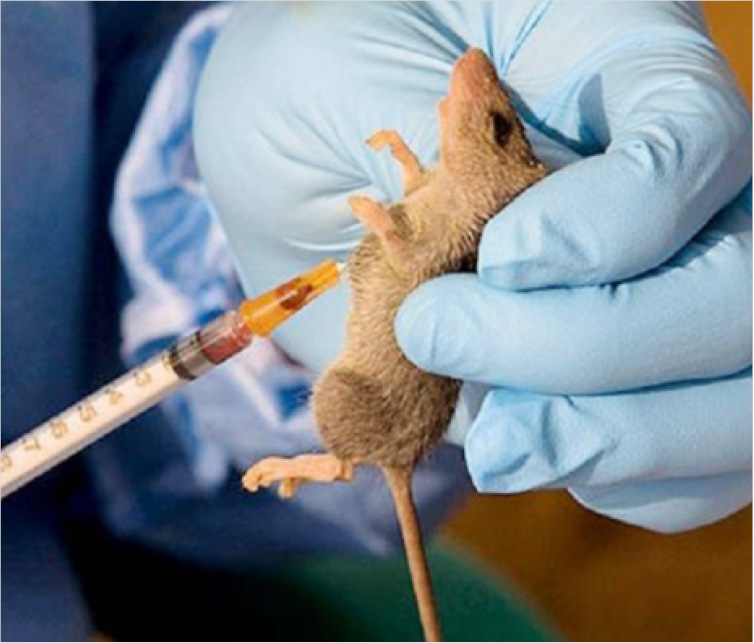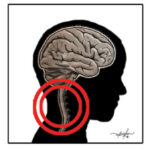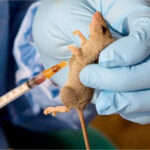The Nigeria Centre for Disease Control and Prevention (NCDC) on Tuesday said 762 persons across the country died from Cerebrospinal Meningitis (CSM) and Lassa fever between 2023 and 2024.
The agency’s director general, Dr Jide Idris, stated this Tuesday in Abuja while giving an update on the Lassa fever and meningitis outbreaks in the country.
Idris said 361 meningitis-related deaths occurred across 174 local government areas in 23 states and the Federal Capital Territory (FCT) while Lassa fever accounted for 401 fatalities in 28 states.
He also said Nigeria saw 4,915 suspected meningitis cases, with 380 confirmed cases during the same period.
- Industrial court vital to Nigeria’s economic devt – AGF Fagbemi
- Grid collapse: EFCC goes after contractors in power sector
Cerebrospinal Meningitis (CSM) occurs when the covering of the brain and spinal cord is acutely inflamed.
The inflammation can be caused by infection with any of the following organisms – bacteria, viruses, parasites, or fungi. Injuries and certain drugs can also cause such inflammation.
The NCDC DG said CSM is an epidemic-prone disease with cases reported all year round in Nigeria.
He said weather conditions like the dry season, which brings dust, winds, cold nights, and frequent upper respiratory tract infections, increase the risk of infection, especially with crowding and poor ventilation.
He said the highest burden of CSM in Nigeria occurs in the “Meningitis Belt” which includes all 19 states in the northern region, the FCT, and some southern states such as Bayelsa, Cross River, Delta, Ekiti, Ogun, Ondo, and Osun.
Dr Idris said a total of 2, 281, 750 doses of meningitis vaccines (Men5CV- ACWYX) have been administered in Bauchi, Gombe, Jigawa and covering 134 wards in the 13 LGAs.
He said the campaign targeted individuals aged 1-29 years, comprising 70% of the population.
Also, Idris said Nigeria recorded a total of 3,372 Lassa fever cases between 2022 and 2024.
He said a total of 401 deaths from the disease were also recorded between 2023 and 2024.
He said, “In 2022, Nigeria reported 1,067 confirmed cases across 27 states and 112 LGAs.
“In 2023, 28 states and 114 LGAs reported confirmed cases, with 9,155 suspected cases, 1,270 confirmed cases, and 227 deaths.
“As of October 13, 2024, 8,569 suspected cases, 1,035 confirmed cases, and 174 deaths have been reported across 28 states and 129 LGAs.”
Lassa fever is an acute viral haemorrhagic fever (VHF) caused by the Lassa virus. The natural reservoir for the virus is the multimammate rat (also known as the African rat). Other rodents can also act as carriers of the virus.
Dr Idris said the country has continued to see a steady increase in the number of states reporting Lassa fever cases.
He said the rise is due, in part, to improved surveillance, better community awareness, environmental degradation from climate change, and other harmful human activities.
The NCDC boss explained that the disease is also associated with significant loss of livelihood in the communities it ravages.
“Heads of households are unable to work when exposed to Lassa fever and when other household members are infected, the cost of care and treatment of the disease which is often significant strains existing household income pushing households towards poverty in a swift turn of events,” he said.
He further said Lassa fever outbreaks are highly virulent and the loss of human lives resulting from disease are not just statistics but represent the death of beloved family members, spouses, and parents.
He said healthcare workers are also not excluded as there is a high chance of infection if proper infection prevention and control measures are not observed.
He said experienced healthcare workers may die, further straining the country’s already insufficient human resources for health.
He said the public should note that the virus spreads through: “Direct contact with urine, faeces, saliva, or blood of infected rats. Contact with objects, household items, and surfaces contaminated with the urine, faeces, saliva, or blood of infected rats. Consuming food or water contaminated with the urine, faeces, saliva, or blood of infected rats.
Person-to-person transmission can also occur through direct contact with blood, urine, faeces, vomitus, and other body fluids of an infected person.”

 Join Daily Trust WhatsApp Community For Quick Access To News and Happenings Around You.
Join Daily Trust WhatsApp Community For Quick Access To News and Happenings Around You.

